

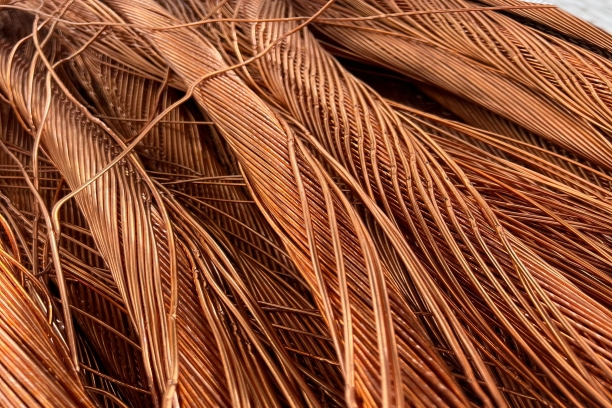
Copper is both literally and figuratively a green building material. Besides its familiar green patina, the metal is environmentally friendly, boasting one of the highest recycling rates of any engineering metal. And, copper roofing or cladding will never be discarded or wind up in a landfill.
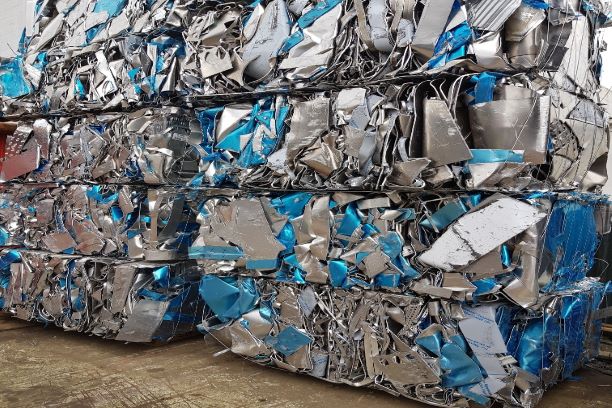
Aluminium is widely used in building because of its intrinsic properties of lightness and corrosion resistance. Aluminum is used in external facades, roofs and walls, in windows and doors, in staircases, railings, shelves, and other several applications.
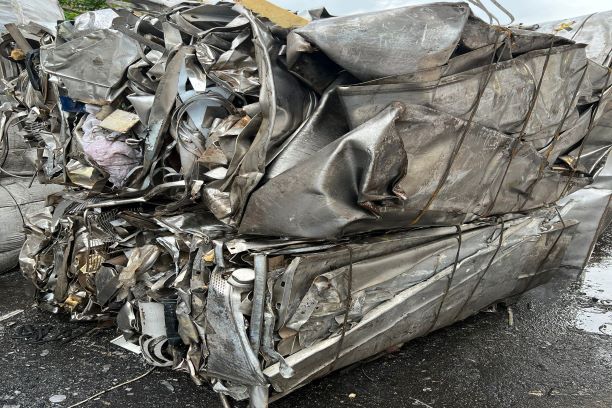
Stainless steel products are attractive and corrosion resistant, need little maintenance and offer good strength, toughness and fatigue properties. Stainless steels are straightforward to fabricate and are fully recyclable at end-of-life. They are the material of choice for applications situated in challenging environments, including industrial processing facilities, buildings and structures in coastal areas or where there is exposure to de-icing salts. The high ductility of stainless steel is a useful property where resistance to seismic loading is required.
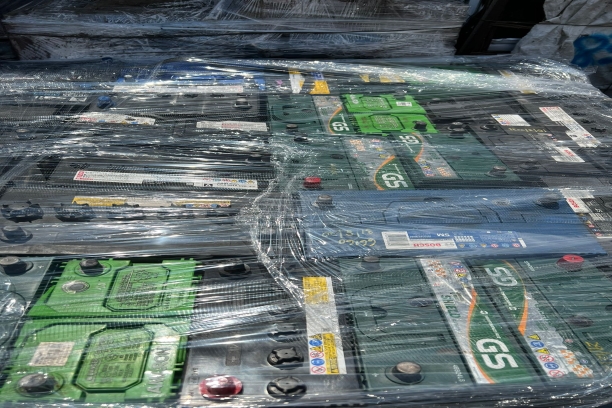
Lead–acid battery scrap are materials extracted from waste/used batteries that are either drained or disposed of after use. More than 95% of lead-acid battery scrap is recyclable and can be reused in the production of new lead–acid batteries and plastics.
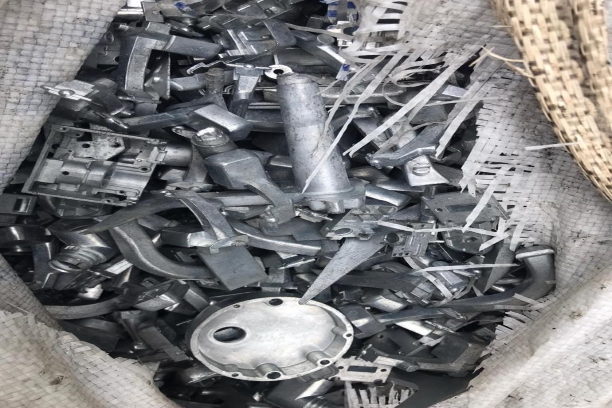
Zinc is used in architectural applications for rainwater systems, cladding and roofing, often as an alloy of zinc, copper and titanium.
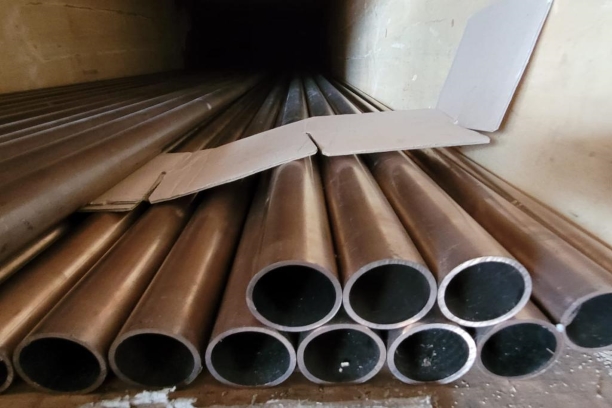
Special alloys are those that are made from materials such as copper or brass, but have small amounts of other elements added.